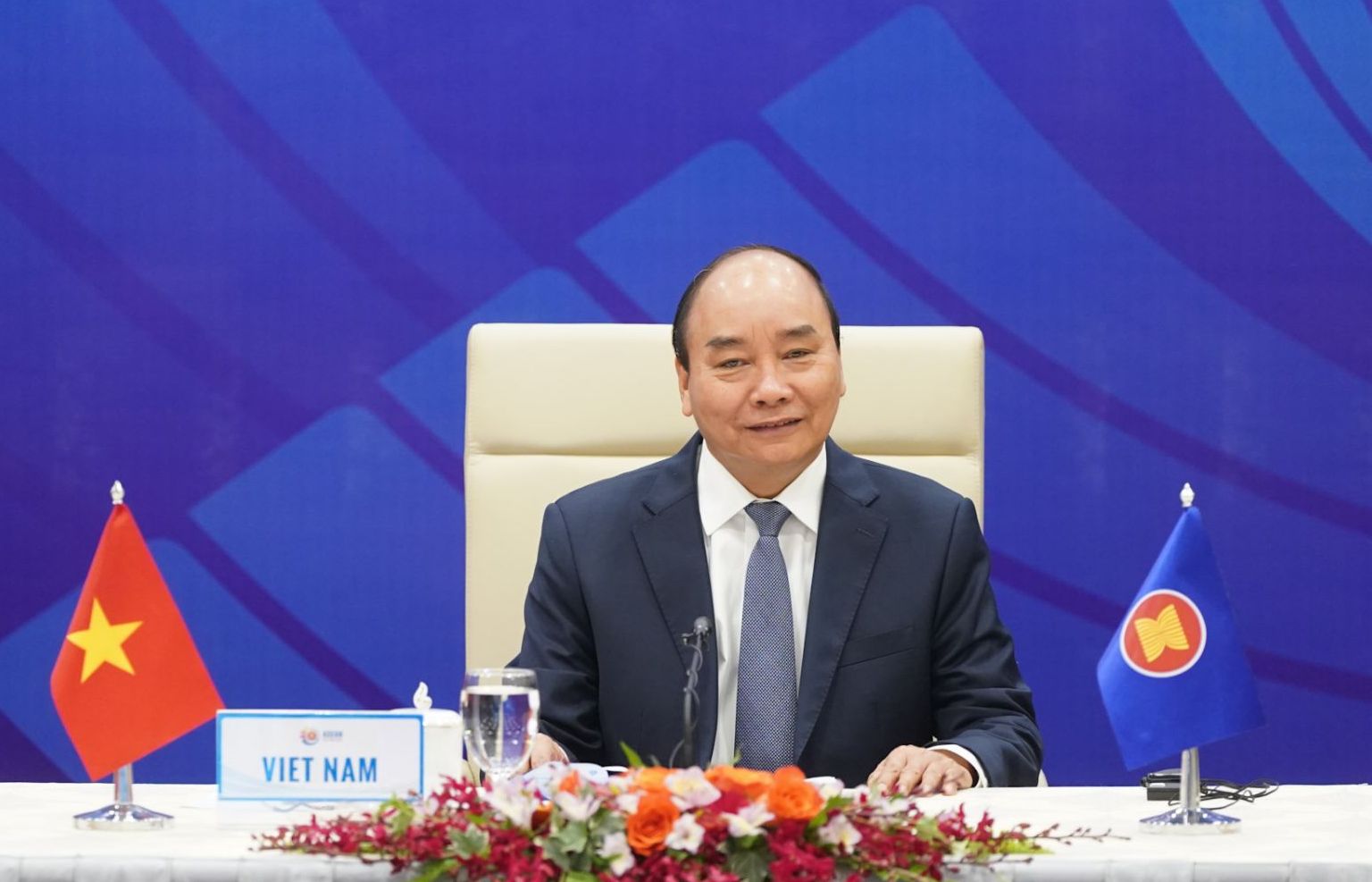
Vietnam’s Efforts and Initiatives as ASEAN Chair 2020 - Challenges of and Response to the COVID-19 pandemic
Latest
| TIN LIÊN QUAN | |
| VN-US relations continue with positive development trajectory | |
| Airlines allowed to operate at full capacity, end seat distancing from 00:00 on May 7 | |
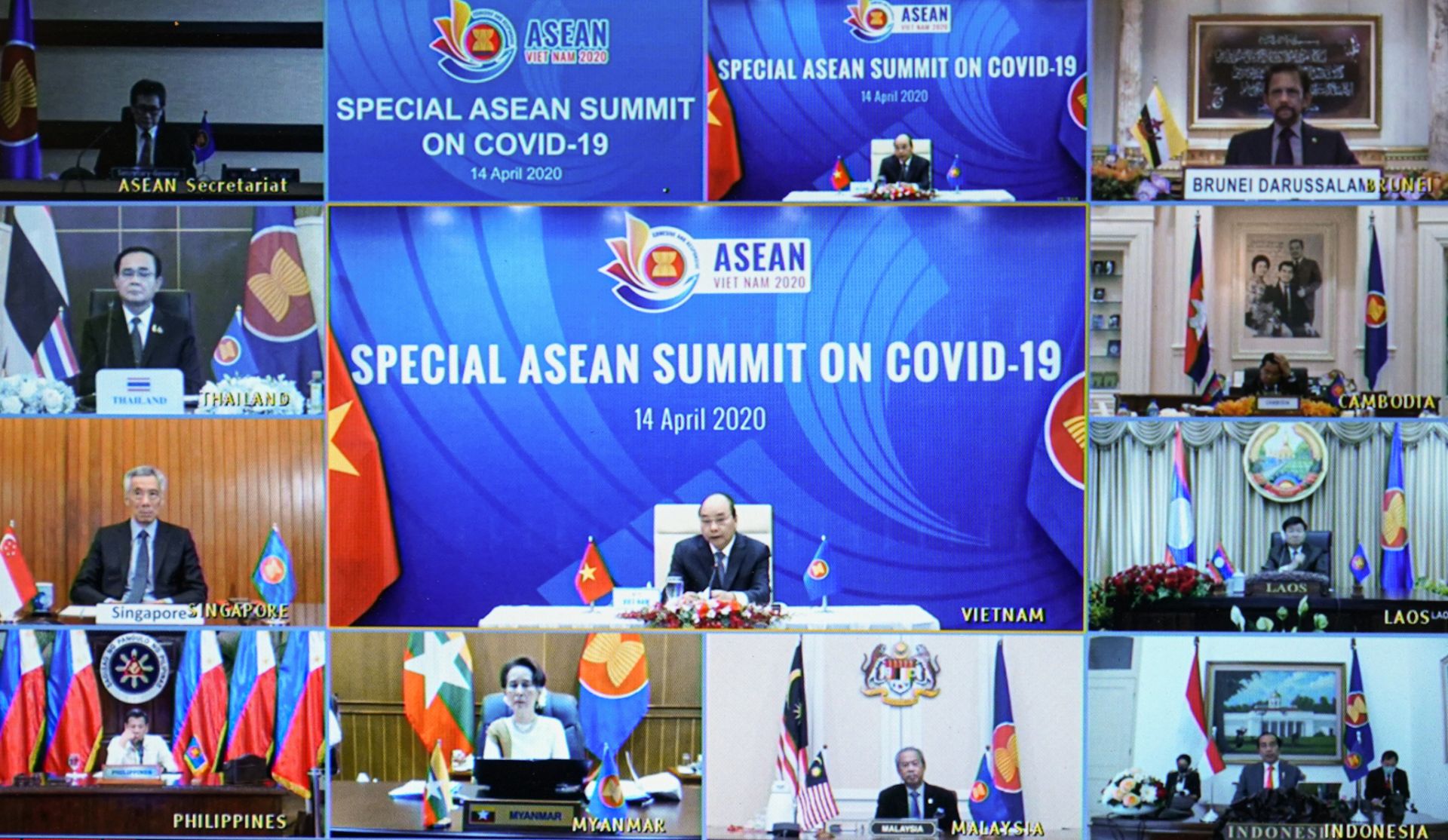 |
| Prime Minister Nguyen Xuan Phuc chaired the Special ASEAN Summit on COVID-19, April 14, 2020. (Photo: VGP) |
In accordance with the ASEAN Charter, the Chairmanship of ASEAN rotates annually in alphabetical order of the English names of its Member States. This year, this role has been taken up by Vietnam, which is its third time since the country joined ASEAN 25 years ago.
Given the track record of Vietnam’s economic growth and increasing role in international arena, expectations, both within the country and outside, are high of Vietnam’s chairmanship in 2020. The country’s enthusiasm for free trade has made it increasingly attractive as a manufacturing hub in the region, while its special relationship with both China and the US has strengthened the strategic importance of the country. Moreover, Vietnam is also taking up its non-permanent seat in the United Nations Security Council during 2020-2021 which is also expected to help the country to further raise ASEAN’s profile within the international community.
Yet, from the beginning of 2020, even before Vietnam could begin to roll out the details of this year’s ASEAN agenda, the country, like the rest of the world, was faced with the unforeseen challenges of the coronavirus epidemic. In addition to disrupting the daily lives of the people, the flow of the economy and interactions among nations, the virus has also thus disrupted Vietnam’s ASEAN chairmanship. Most ASEAN meetings, which add up to over 1,000, have been put on hold, while some more urgent ones are being held via the web.
Vietnam, on its part, is making every effort to ensure success of its Chairmanship. Having, more or less, successfully contained the spread of the virus within the country, Vietnam hosted several video conferences to step up regional cooperation on the matter, including the most recent special ASEAN tele-summit on COVID-19 on April 14. The following is a short summary of Vietnam’s achievements as the ASEAN Chair and some of the on-going ASEAN-led efforts and initiatives against COVID-19 under Vietnam’s leadership.
History of Vietnam’s ASEAN Chairmanship
Vietnam’s engagement and integration with the region and the world can be said to have begun with its economic reform in 1986 when the country adopted the “Doi Moi” policy or all-round renovation process. This economic reform allowed Vietnam to become one of the region’s fastest growing economies within a generation’s time. The World Bank pointed out in its Global Economic Prospects report that Vietnam is one of six countries in East Asia with real GDP growth of more than 6%.
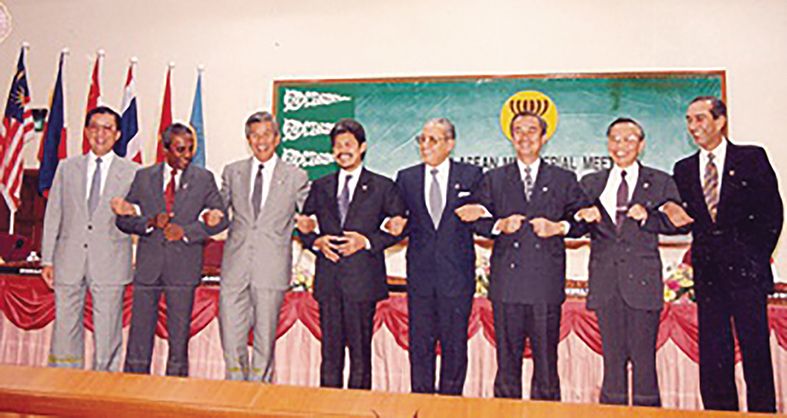 |
| Vietnam officially became the 7th member of ASEAN at a ceremony in Bandar Seri Begawan, Brunei on July 28, 1995. |
Vietnam officially joined ASEAN on July 28, 1995 as the group’s seventh member. Vietnam’s accession symbolizes the consequential changes being made in the region in the post-Cold War era. ASEAN also became an important pillar for Vietnam’s foreign policy as the country sought to strengthen its economy and international standing.
Throughout its 25 years of membership, Vietnam has made active and responsible contributions to ASEAN co-operation. Three years after joining the group, the country hosted its first summit in December 1998. Here, under Vietnam’s Chairmanship, the leaders adopted the Hanoi Plan of Action, which began the community building process by laying down the implementation mechanisms for building an open, dynamic and resilient ASEAN Community by 2020. These concrete steps towards economic integration were all the more significant at the time because the region was struggling in the midst of the financial crisis.
Vietnam’s second term in the rotating Chairmanship came in 2010. Once again, Vietnam took a leading role, this time to strengthen the strategic importance of ASEAN in the political-security field. Vietnam successfully arranged for the organization of the first ASEAN Defense Ministerial Meeting Plus (ADMM+) thus reinforcing ASEAN’s ability to bring together major players in the region within the ASEAN-led mechanism. It was also in 2010, that members of the East Asia Summit (EAS), came to agreement on expanding its membership to the US and Russia as proposed by Vietnam on behalf of ASEAN. Today, the EAS has successfully evolved into a premier strategic forum in the region with ASEAN in the driver’s seat.
And this year, Vietnam is assuming its ASEAN Chairmanship for the third time. Vietnam’s theme for this year is “Cohesive and Responsive ASEAN”. According to its officials, through this theme, Vietnam wishes to highlight the decisive role of solidarity and unity in maintaining sustainability and relevance of ASEAN. Indeed, only a cohesive and advanced ASEAN Community can effectively respond to external influences and likewise effective responsiveness will allow ASEAN to strengthen its cohesion.
COVID-19 and Challenges facing Vietnam as ASEAN Chair
In his response to the question on the challenge of the current pandemic in an interview with the Online Newspaper of the Government, Vietnam’s Prime Minister answered “COVID-19, the worst global crisis since the Second World War, is taking its toll on humankind. The pandemic is also ASEAN’s most formidable obstacle throughout its history spanning more than half a century. After three months, COVID-19 has incurred severe human and socio-economic losses, and its repercussions are projected to be much more far-reaching than the 1997 Asian financial crisis and the 2008 - 2009 global crisis”.
So far, the virus has spread across all ASEAN member states, with 48,592 confirmed cases and 1,636 fatalities as of May 4. In addition to the health crisis, the pandemic is also taking toll on the economies by severely disrupting socio-economic activities, co-operation and exchanges in many fields, not to mention, between ASEAN member states and among ASEAN and its external partners. The growth rate of all ASEAN members is predicted to sharply decline, and some ASEAN countries will inevitably suffer negative growth. Lockdowns, border closures, community quarantines, stay-at-home orders, travel restrictions, social distancing and temporary closure of many production line and business activities are put up across ASEAN primarily to contain the virus, but the measures are also affecting all other areas, including ASEAN’s annual schedule.
According to the ASEAN Secretariat, up to now, more than 200 ASEAN meetings have been postponed or cancelled. Many of the expected agenda of Vietnam’s Chairmanship are put on hold, including another reading of the draft of South China Sea COC, the negotiations on the RCEP, review of the ASEAN Charter, mid-term review of the Community Blueprints 2025, and groundwork for a post-2025 ASEAN vision.
While the region has witnessed health crises before, none have been on such a scale both in terms of its spread and duration. Vietnam is making the necessary adjustments as it navigates its chairmanship through the uncharted waters of COVID-19. Some of the more urgent meetings have been held via video-conference including the Special ASEAN Summit and the ASEAN+3 Summit on COVID-19 held on April 14. At the same time, Vietnam is making every effort to quickly contain the virus within its borders so the country can be ready to host the rest of the meetings in the conventional way when the time comes.
The Making of a “Cohesiveness and Responsive ASEAN”
While the current epidemic was no where in the minds of the Vietnamese government officials when they were drafting the main idea for this year’s ASEAN chairmanship, the theme “Cohesive and Responsive” almost perfectly reflects the current spirit within ASEAN as the members join efforts to tackle the virus attack.
| Read more |
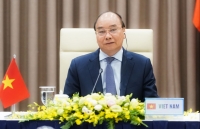 Prime Minister Nguyen Xuan Phuc's remarks at NAM virtual Summit on COVID-19 response Prime Minister Nguyen Xuan Phuc's remarks at NAM virtual Summit on COVID-19 response |
First, under Vietnam’s chairmanship, ASEAN activated virtual channels to ensure continuous communication among the ASEAN Members. This solution has helped ASEAN and its partners stay connected, sustain seamless coordination, and make quick and timely responses amidst the COVID-19. The first of its results came out on February 14 when Vietnam issued the Chair’s Statement on ASEAN’s Joint Response to the Outbreak of COVID-19. This statement aimed to draw attention to the risks of this virus, call for regional and international co-operation, underline ASEAN solidarity and unity, and reiterate commitment to joining hands in preventing the spread of the contagion and restoring peace and safety to the daily lives of the peoples. Statements by the ASEAN Defense Ministers, Economic Ministers and Tourism Ministers followed suit recognizing the need for close cooperation in not only curbing the spread of the virus but also restoring the economy in the aftermath. Then, on April 14, the ASEAN leaders came together for a Special On-line Summit, where they agreed the top priority for ASEAN was to control and prevent the spread of disease and minimize socio-economic impacts in the process. Specifically, leaders emphasized reduction of disruptions in the supply chain and strengthening of intra-ASEAN trade to ensure resilience and quick recovery.
Second, coordination with dialogue partners also were efficiently carried out. As the ASEAN Chair, Vietnam took the initiative organizing ad-hoc ASEAN+3 discussions. On April 14, Vietnam chaired the online Special ASEAN+3 Summit on the COVID-19 response. The countries committed to standing ready to exchange experience, policies and epidemiological and clinical research, support each other with medical supplies and step up co-operation in COVID-19 vaccine and drug development. They also pledged to maintain open markets; make progress on the signing of RCEP; diversify the connectivity of supply sources in and outside the region, and ensure the flows of goods and services, especially essential medical materials and products; agreed to assign the ASEAN+3 Macroeconomic Research Office (AMRO) to study and propose policy recommendations to promptly respond to recession risks and optimize prevention mechanisms to keep the economic-financial and food situation secure.
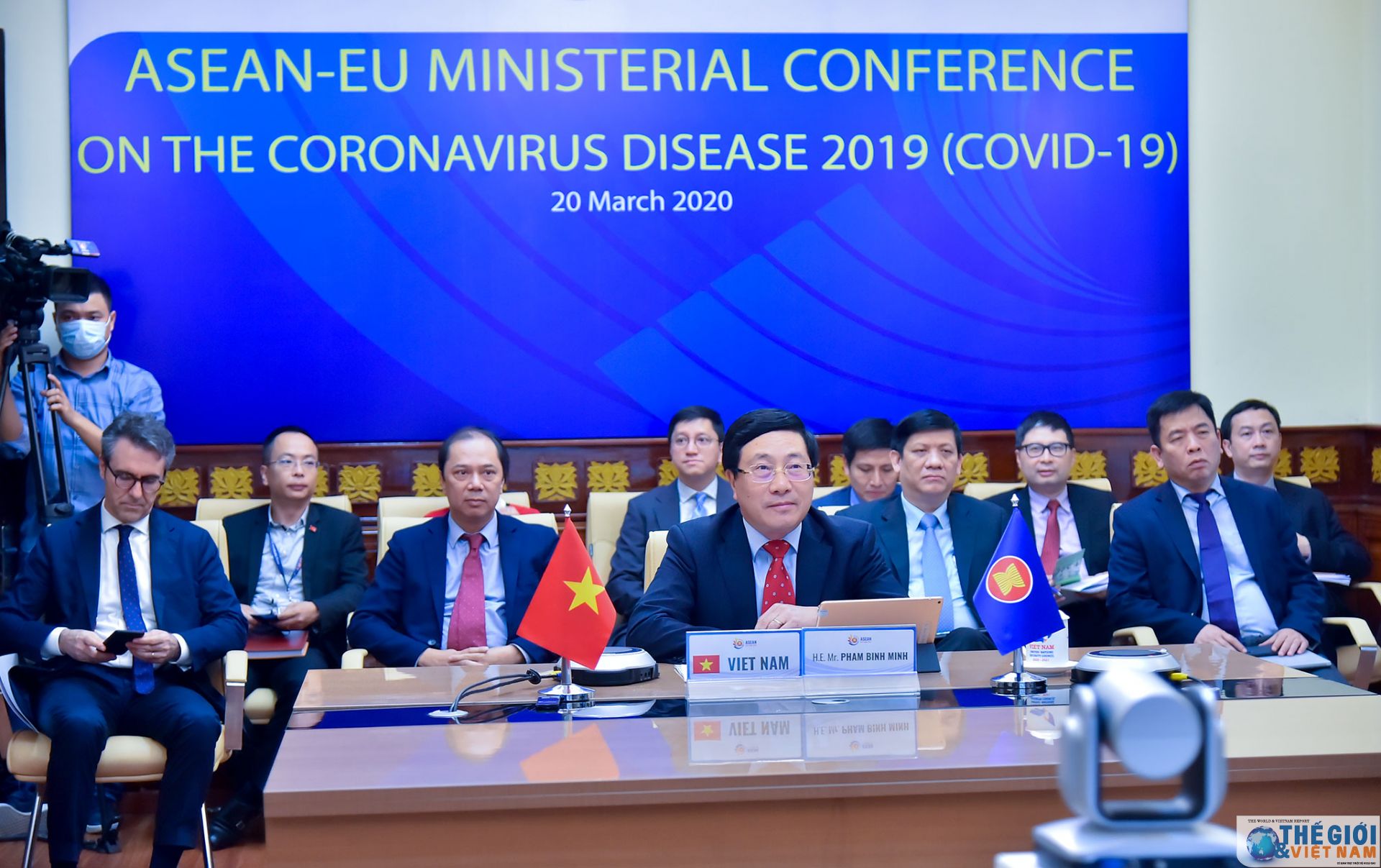 |
| Deputy Prime Minister, Foreign Minister Pham Binh Minh addresses at the ASEAN-EU Ministerial Conference on the coronavirus disease 2019 (COVID-19) on March 20, 2020. (Photo: Tuan Anh) |
Vietnam has also participated and proposed measures for co-operation in the fight against the pandemic at many other international virtual meetings, such as the ASEAN-EU Ministerial Video Conference on COVID-19 on March 20, the Ministerial Video-Conference of the Alliance for Multilateralism on COVID-19 on April 16 and the G20 Health Ministers virtual Meeting on April 19. While, the Special Summit between ASEAN and the US originally scheduled for March 14 was, in effect, cancelled, Vietnam, as ASEAN Chair, actively joined the Special Online ASEAN-US Foreign Ministers Meeting on Coronavirus Disease on April 23.
Third, in the spirit of solidarity and cohesiveness, Vietnam took initiative in assisting neighboring countries with medical equipment and protective gear. The support did not stop with its ASEAN friends, but went further to assist other countries in Asia, Europe and South America.
Fourth, in order to ramp up responsiveness of ASEAN, Vietnam made several proposals for the region. Establishment of a regional reserve for medical equipment and essential products to meet urgent requirements would help mitigate supply shortage issues in the early days of the crisis before emergency measures are put in place. Development of a common response process, based on the guidelines of WHO, can reduce misunderstanding and promote efficiency as countries impose entry bans and quarantine measures. On-line or table top exercises of ASEAN Military Medical Center on disease response will increase efficiency of ASEAN’s response to a new and emerging health crisis. Task force of ASEAN senior officials on information can help prevent the spread of panic and fear by controlling fake news.
The following words of Dato Lim Jok Hoi, Secretary-General of ASEAN, well demonstrate the achievements, so far, of Vietnam’s ASEAN Chairmanship this year as it tackles the challenges of COVID-19.
“Vietnam has demonstrated strong leadership in spearheading a collective regional response to COVID-19. Its Chairmanship theme of building a Cohesive and Responsive ASEAN is very relevant given the situation we find ourselves in. Indeed, ASEAN has come together and responded quickly to the pandemic since February. ASEAN’s strong response is in large part due to Vietnam’s leadership in encouraging our continued dialogue and collaboration”.
| Read more |
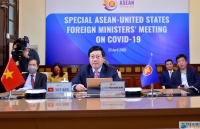 ASEAN, US should work together to ensure supply chains amid COVID-19 pandemic ASEAN, US should work together to ensure supply chains amid COVID-19 pandemic |
Overcoming COVID-19 has been and continues to be, in many regions around the world, the top priority of this year. And while the end to the virus and a quick recovery of the economy in the region would be more than enough to ensure a successful chairmanship for Vietnam, this would not justify the preparations that have been made over the past years towards this year’s leadership role. Perhaps this is why some say it is Vietnam’s lost year, and others say that the country should be given one more year for its ASEAN Chairmanship.
Vietnam still maintains the five priorities for its Chairmanship: (1) strengthen ASEAN solidarity; (2) deepen ASEAN integration economically; (3) promote a greater sense of collective ASEAN identity; (4) strengthen good relations with ASEAN’s external partners; and (5) improve ASEAN’s institutional capacity.
Any progress on the RCEP front such as putting the seal on the pact (having concluded the negotiations last year) would be an important deliverable for Vietnam’s chairmanship and a significant demonstration of the region’s commitment to open and free trade amid the pressure for protectionism sparked by COVID-19. Developments on the ASEAN-China talks on South China Sea are also something that would highlight Vietnam’s Chairmanship given its vital interests on the matter.
ASEAN has a wealth of experience in overcoming crises, and in fact, emerging stronger than ever. The political turmoil in the early days of the 20th century and the Cold War resulted in the establishment ASEAN, and the 1997 Asian Financial Crisis has accelerated the economic integration of the region. Likewise, the current pandemic will be an opportunity for bolstering ASEAN’s cohesiveness and responsiveness under Vietnam’s Chairmanship.
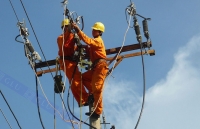 | Vietnam ranks fourth in ASEAN in access-to-electricity index with 82.2 points Vietnam takes the fourth position in the access-to-electricity index in 2019 in the Association of Southeast Asian Nations (ASEAN), with 82.2 points, according to the ... |
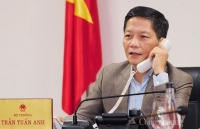 | Vietnam vows to faciliate ASEAN+3 countries' exchanges on post-coronavirus recovery plan Vietnam has kept close watch on the impacts of COVID-19 pandemic on regional supply chain and been ready to facilitate ASEAN+3 countries' exchanges on how ... |
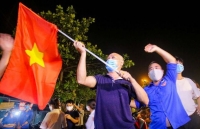 | Vietnam among most successful nations in curbing COVID-19: RoK newspaper ChosunBiz, a newspaper in the Republic of Korea, on May 6 runs a story highlighting Vietnam’s successes in containing the COVID-19 pandemic. |













